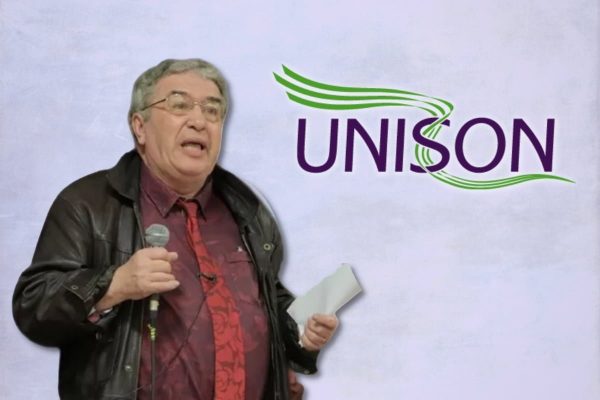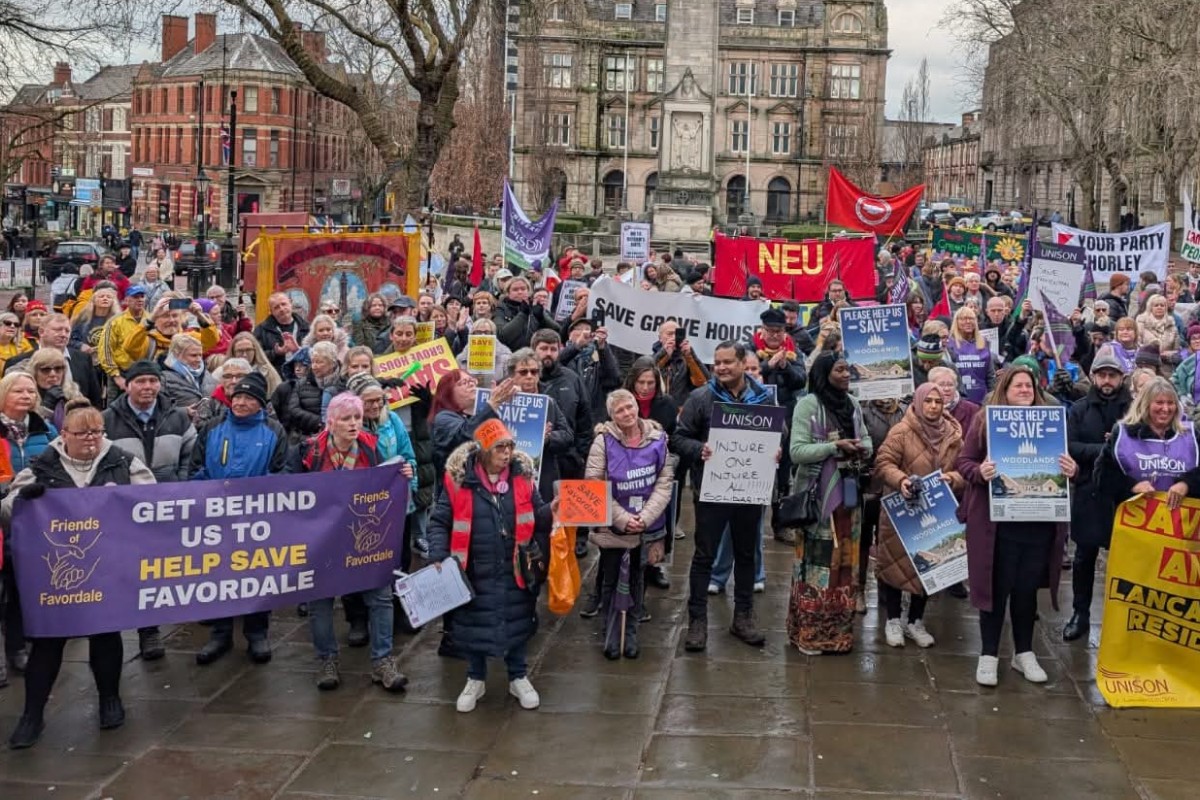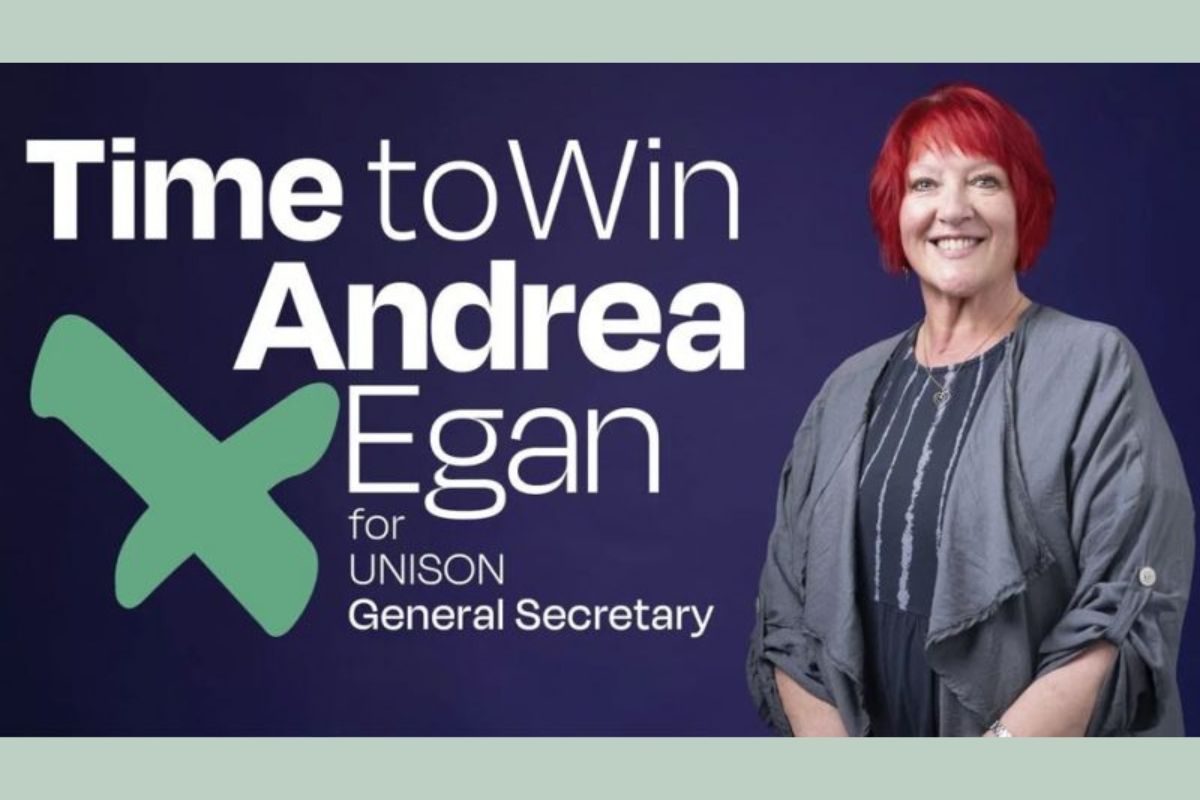The results of Unison’s National Executive Committee (NEC) election were announced on 11 June. Unfortunately, the main takeaway is a reversal of fortunes for the left-wing Time for Real Change (TFRC) group.
The broad left’s numbers have fallen from 32 to 25 members on the union’s national ruling body through a series of close votes, while the right-wing bureaucracy’s group (ironically called “Members First”) increased from 25 to 32.
But the NEC’s new composition masks the real victor of these elections, who won by an astounding majority: ‘none of the above’. The voter turnout was pathetically low.
The highest recorded turnout, for higher education representatives, was only 8.9 percent of those eligible to vote. The lowest was for the youth representatives where only 2 percent of young members voted. And incredibly, despite the turmoil in the NHS, only 3.6 percent voted in the health service group.
This shows there is no enthusiasm for almost anyone seen as being part of the leadership of the union.
Of course, Members First are vocally supportive of the right-wing General Secretary Christina McAnea and therefore of the union’s ‘establishment’. But equally, the programme put forward by TFRC did not inspire the members.
For example, TFRC says “Unison should play a positive but challenging role with the Labour government”.
For members who are looking to their union for a way out of cuts, job losses, and falling real pay, TFRC’s message is not exactly a galvanising call-to-arms for a militant fightback against austerity.
Bureaucratic shenanigans
Of the seven seats lost, three were to the right wing, and three were to the new ‘Organised Left’ group. However in the seventh case TFRC candidate Julia Mwaluke won the vote – only to be excluded by the bureaucracy.
The bureaucracy’s scandalous excuse for barring her was that the seat she stood for was for low-paid workers. However, as a care worker on a precarious contract, Julia’s wages vary.
Instead of averaging her pay, the bureaucracy took one payslip to allege her ineligibility. Julia was not even given the chance to appeal this scandalous decision.
Less than a week before NDC UNISON Senior Officers, supported by General Secretary Christine McAnea, removed Vice President, Julia Mwaluke from UNISON’s NEC.
They also debarred her from the new NEC even though she won the election!https://t.co/Vh29yQKNyd pic.twitter.com/jjSUTVM7Qq
— #TimeForRealChange (@tfrc_unison) June 16, 2025
That high-paid bureaucrats on permanent contracts sit in judgement of a precarious worker should make all workers angry. The low-paid seat was created, according to the union, to give representation to the most exploited workers. Yet we can bet that if a candidate friendly to the regime had been elected then they would have been treated entirely differently!

This undemocratic farce is only a sign of further things to come, as the right will come for the left’s jugular. The witch-hunting which they already began before the election – with the removal of left-wing president Steve North – will be ramped up.
The only way for the left to resist these attacks is to mobilise the ranks around a bold programme for militant workplace action.
Time for real change
The Revolutionary Communist Party supported TFRC candidates as the best choice available.
But this left group should be more than an electoral alliance convened during elections. And it should go beyond acting as a faction – albeit of good activists – sitting on the NEC and other committees.
Instead, TFRC should campaign all year round amongst rank-and-file members, putting forward a democratically-decided programme of action.

This should include militant opposition to privatisation and austerity, proposals to hand control of the public sector to the workers who make it run, opposition to Starmer’s Labour, and the demand to fund public services instead of financing the military to back British imperialism.
The forthcoming General Secretary election is the opportunity to build the foundations of a broad left based around such a programme.
Paul Holmes’ 2020 campaign galvanized TFRC, which went on to achieve a historic victory on the NEC in 2021 – but we must go much further.
If a fighting socialist programme was fought for at every level of the union, it would inspire many more members than the thin layer now involved to take control of their union. It would create the basis for a vibrant mass movement that no bureaucracy could stop.






